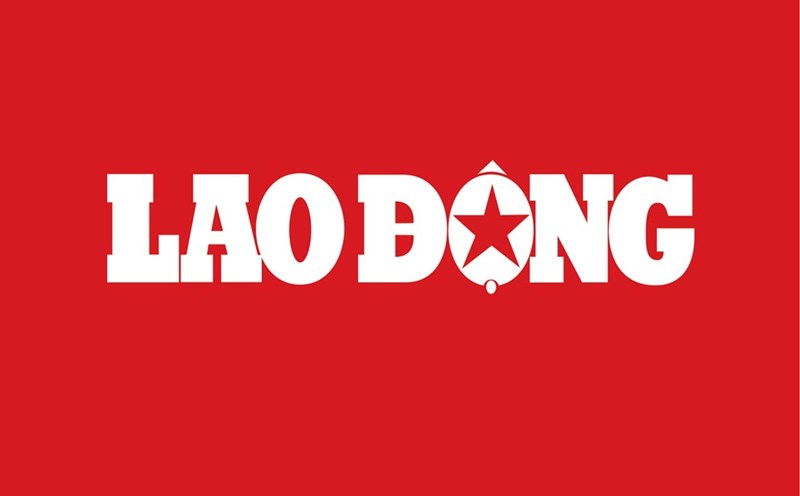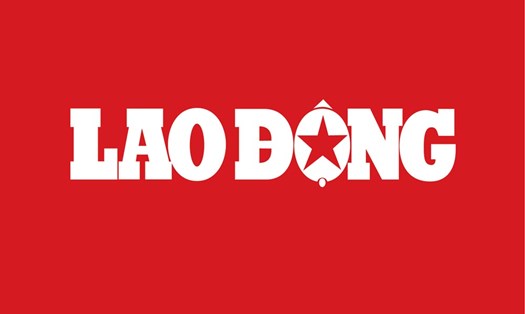Biden pardons son before sentencing
On December 1, US President Joe Biden announced the pardon of his son Hunter Biden, who was convicted of illegal gun possession, tax evasion and drug use. Mr. Biden affirmed that this decision was to protect justice, criticizing the prosecution of Hunter as politically motivated and unfair due to family ties.
The White House has repeatedly said the President will not intervene in the case. Hunter’s sentencing on charges of perjury and gun possession is scheduled for December 4, while the tax evasion case is set for December 16.
After announcing the pardon for his son on December 1, President Joe Biden was harshly criticized by Donald Trump and many Republican Party members.
US makes surprise statement about origin of COVID-19
On December 2, the US House of Representatives released a 520-page report after a two-year investigation, stating that the SARS-CoV-2 virus most likely leaked from a laboratory in China.
The report said the US National Institutes of Health funded “gain-of-function” research at the Wuhan Institute of Virology, a controversial method that increases the virus’s infectiousness. Meanwhile, China has denied the accusations, emphasizing that tracing the origin of COVID-19 is a scientific matter.
Russian military fires hypersonic missile
Russia launched Zircon and Kinzhal hypersonic missiles during drills in the eastern Mediterranean, which took place from December 1 to 3. More than 1,000 sailors and pilots, 10 warships, 24 aircraft and a coastal missile battery took part.
The Admiral Gorshkov frigate, the Novorossiysk submarine and MiG-31 aircraft conducted test launches of various types of high-precision missiles. The Russian Defense Ministry confirmed that all targets were destroyed and that the exercise complied with international law.
South Korea and 6 hours of tense martial law
South Korean President Yoon Suk-yeol declared martial law on the evening of December 3, accusing the opposition of “anti-state” activities. The order banned all political activities, marches and protests, causing shockwaves in the political arena and the public.
The South Korean National Assembly held an emergency session and voted to reject the decree, forcing President Yoon to lift martial law in the early hours of December 4. This action has created a wave of anger across the country, with protests calling for Mr. Yoon to resign. The opposition party has vowed to impeach the President if he does not leave office.
French government overthrown in no-confidence vote
On December 4, the French National Assembly passed a vote of no confidence, ousting the government of Prime Minister Michel Barnier with 331 votes in favor, exceeding the required 288. The move, supported by the far-right RN and left-wing NPF parties, plunged France into a deep political crisis.
Marine Le Pen of the RN party said the decision was to protect the people. Meanwhile, Jean-Luc Melenchon, leader of the NPF, called on President Emmanuel Macron to resign. However, Mr. Macron ruled out this possibility, and is expected to appoint a replacement for Prime Minister Barnier.











